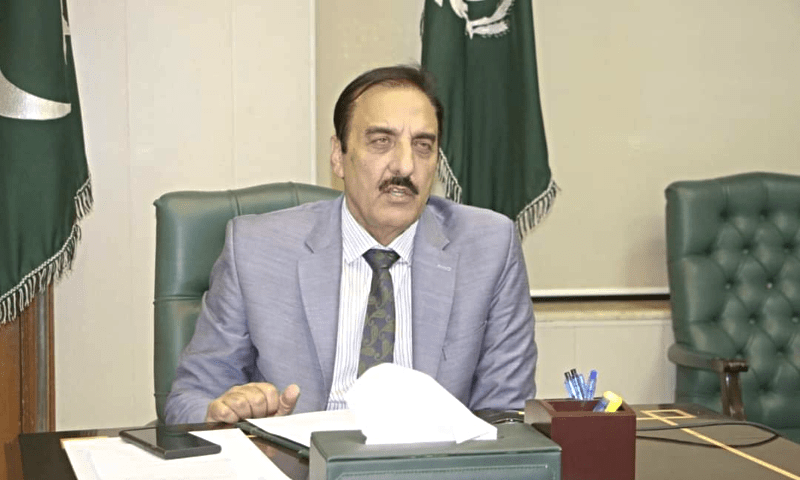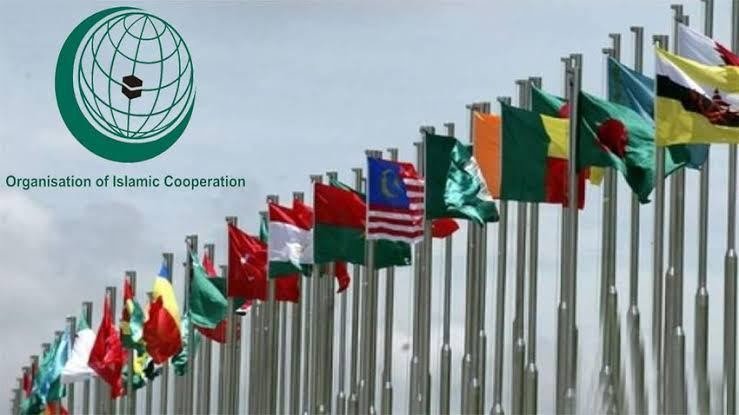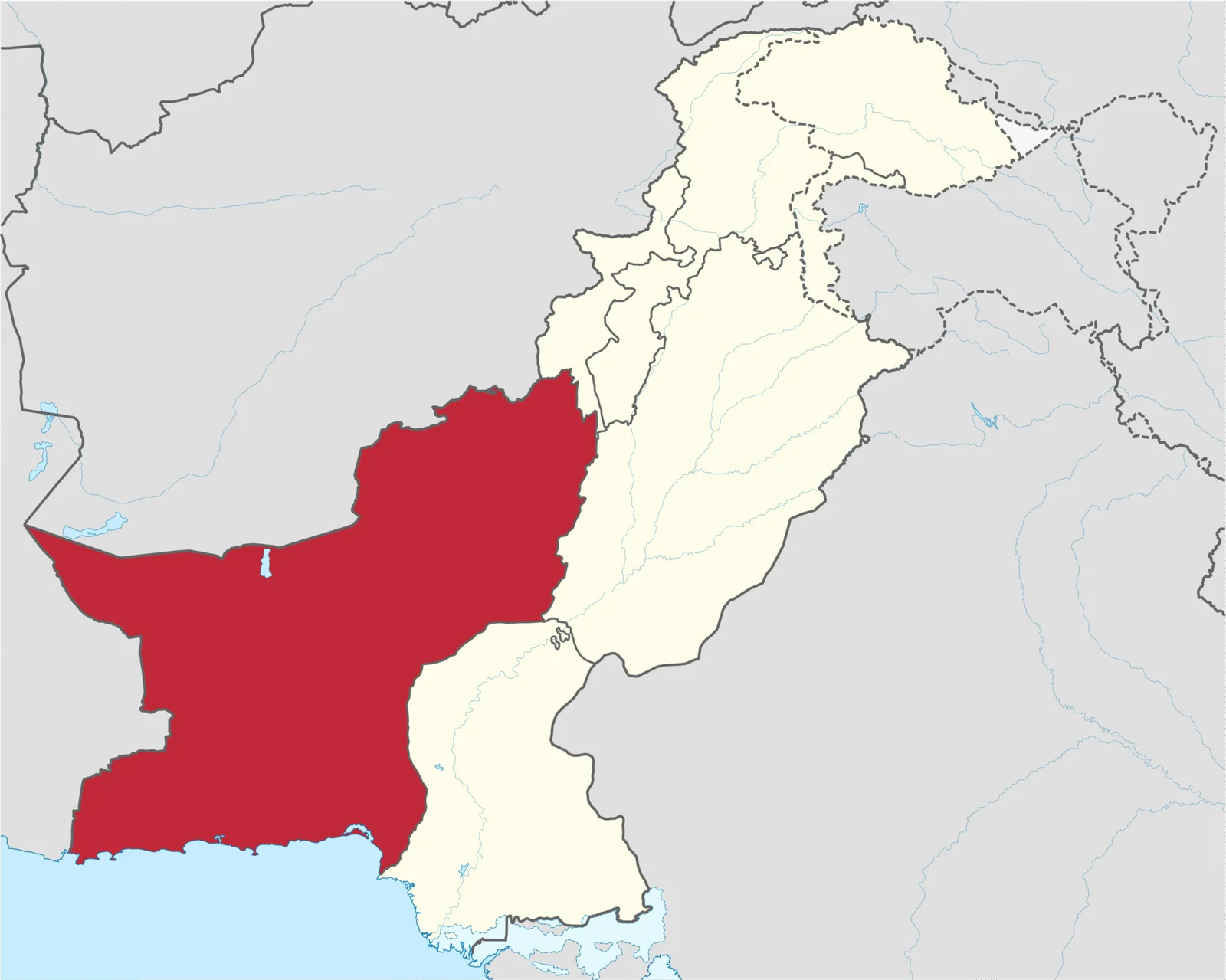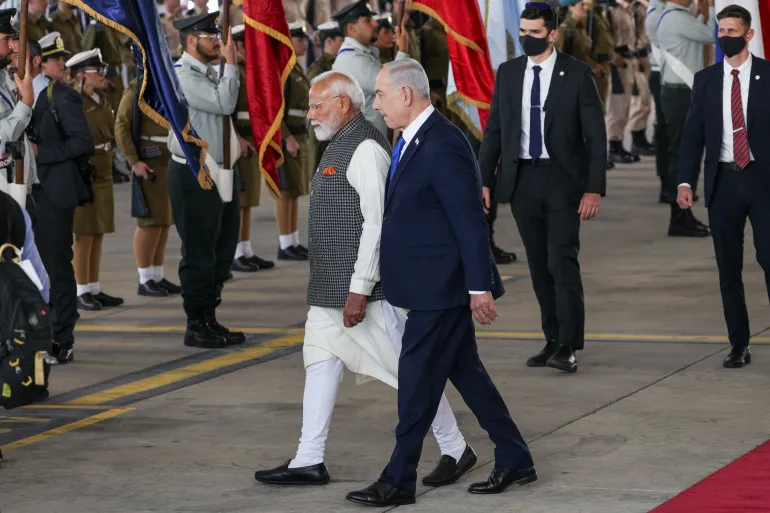The bureaucracy plays a crucial but complex role in conducting free and fair elections in Pakistan, and the Liaqat Chattha case highlights both its importance and potential pitfalls. The bureaucracy is responsible for the immense logistical task of organizing elections, including establishing polling stations, managing voter registration, printing ballots, deploying security personnel, and facilitating the voting process. They enforce election laws and regulations, ensuring smooth operation at polling stations and maintaining security. This includes preventing fraudulent activities like intimidation or vote manipulation. Furthermore, they provide accurate and impartial information to voters about candidates, their platforms, and the voting process. This contributes to informed decision-making by the electorate. After voting, the bureaucracy counts and declares election results transparently. This involves managing counting centers, verifying results, and ensuring their accuracy and timely release. In Elections 2024, they were the restoring officers. Therefore, they had a central role in conducting free and fair elections.
Chattha’s confession alleges political interference, where he claims to have been pressured to manipulate results in favor of a specific party. This undermines the impartiality of the bureaucracy and casts doubt on the election’s fairness. Bureaucrats are expected to conduct themselves impartially and avoid any political affiliation. If proven true, Chattha’s case showcases a breach of this principle, raising concerns about the neutrality of the entire bureaucracy. Clear procedures and mechanisms for holding bureaucrats accountable for any misconduct during elections are crucial. In Chattha’s case, effective investigation and potential prosecution are necessary to maintain public trust.
Robust legal frameworks that clearly define the roles and responsibilities of the bureaucracy during elections are vital. This includes clear guidelines on neutrality, accountability mechanisms, and consequences for misconduct. Establishing independent oversight bodies to monitor the conduct of the bureaucracy during elections can enhance transparency and deter manipulation. Emphasis on training and capacity building for bureaucrats on electoral processes, neutrality, and ethical conduct can strengthen their professionalism and minimize the risk of misconduct.
The bureaucracy plays a critical role in ensuring free and fair elections in Pakistan, but their actions must be held to the highest standards of impartiality and accountability. The Liaqat Chattha case exposes potential vulnerabilities and serves as a reminder of the need for reforms to strengthen the independence, neutrality, and professionalism of the bureaucracy for robust democratic processes. Lastly, it is important to make an independent commission to investigate the charges publicly.
Please, subscribe to the YouTube channel of republicpolicy.com
















